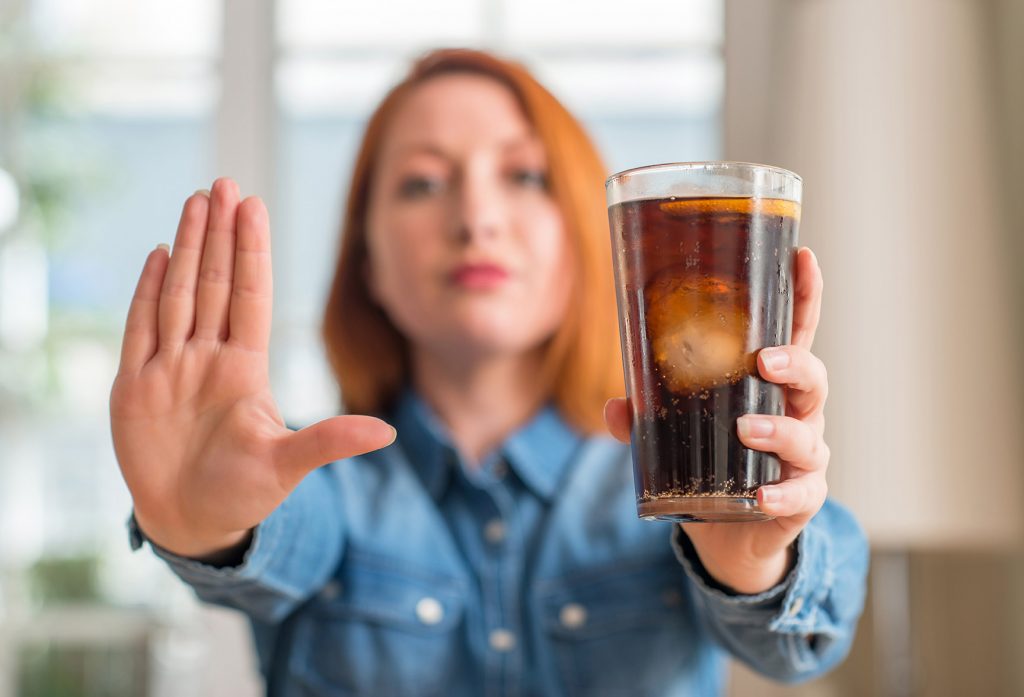
If you’ve recently received an invitation to join the AARP and you’re a woman, you may want to hold off on drinks with artificial sweeteners after a new study says that having two or more artificially sweetened drinks a day can increase the chance of blood clot-based strokes, heart attacks, and early death in women over the age of 50. Diet sodas and artificially sweetened juice drinks are two of the biggest culprits, this study revealed, and women are warned against drinking too much of these beverages after the age of 50. The findings were published online on February 14 in the journal, “Stroke”.
Diet Drinks and Older Women
In a study of women enrolled in the large population-based Women’s Health Initiative, researchers tracked approximately 82,000 postmenopausal women, who drank two or more diet drinks per day. The study showed the women’s overall stroke risk rose by 23% after an average follow up of about 12 years, compared with those who consumed diet drinks less than once a week. Blocked arteries were the main problem, with heavy diet drink intake linked to a 31% greater risk for an ischemic stroke, the type of stroke that’s triggered by a blood clot.
The study’s investigators tracked the general health of all the women for an average of nearly 12 years, and at the three-year mark, the women were asked to indicate how frequently they consumed diet sodas and diet fruit drinks over a three-month period. The researchers didn’t note which brands of artificially sweetened drinks the women drank. Approximately two-thirds of the women consumed diet sodas or drinks “very infrequently,” meaning less than once a week or never, and about 5% percent were found to be “heavy” consumers of artificially sweetened drinks.
After considering other stroke risk factors like blood pressure, smoking, and age, the researchers concluded that heavy consumption of diet drinks did appear to be tied to cardiovascular events. Women who drank two or more diet sodas a day had a 29% increase in developing heart disease and were 16% more likely to die prematurely from any cause.
More bad news: Among obese women and Black women with no history of heart disease or diabetes, consuming diet drinks pushed clot-driven stroke risk up by roughly twofold (for obese women) and fourfold (for Black women with no history of diabetes or heart disease).
The author of the study, Yasmin Mossavar-Rahmani, Associate Professor in the Department of Epidemiology at Albert Einstein College of Medicine in New York City, acknowledged that an “association does not imply causation.” She stressed the validity and power of the findings because her results stood up even after taking into account the nutritional value of each participant’s overall diet.
A group representing the artificial sweetener industry offered this in response to the findings: many women who drink diet drinks are already struggling with weight issues. Robert Rankin, President of the Calorie Control Council, said “Individuals already at a greater risk of stroke and cardiovascular events chose low-calorie sweetened beverages…likely the cause of the associations presented by these researchers.”
No one can argue that diet sodas are not the best choice to quench your thirst and hydrate your body. Why not err on the side of caution and avoid these potentially dangerous drinks altogether, or at least limit your consumption of diet sodas and artificially sweetened drinks, especially if you’re a woman over the age of 50.
Leave a Reply